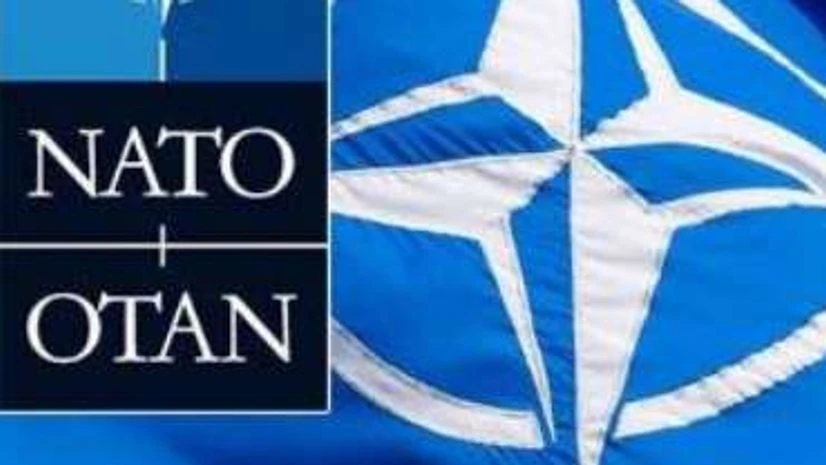North Atlantic Treaty Organization (NATO) leaders geared up today for a long-term standoff with Russia, ordering multinational troops to Poland and the three Baltic states as Moscow moves forward with its own plans to station two new divisions along its western borders.
Alliance Secretary-General Jens Stoltenberg said that on the first day of a landmark two-day summit, US President Barack Obama and leaders of the 27 other NATO countries also declared the initial building blocks of a ballistic missile system operationally capable, recognised cyberspace as a domain for alliance operations, committed to boosting their countries' civil preparedness, and renewed a pledge to spend a minimum of 2% of their national incomes on defence.
"We have just taken decisions to deliver 21st century deterrence and defence in the face of 21st-century challenges," Stoltenberg told a news conference. He said the leaders' decision to deploy new alliance units to Poland, Estonia, Latvia and Lithuania on a rotational basis is "an open-ended commitment" designed to last "as long as necessary".
Polish President Andrzej Duda, the summit's official host, warned that Western democratic values are being undermined by a "notorious lack of respect for international law" as well as terrorism and high-tech warfare, and said NATO needs a coherent strategy to address those problems.
After arriving in Warsaw, Obama announced his decision to send an additional 1,000 US troops to Poland as part of the NATO effort to reinforce its presence on the alliance's frontiers near Russia. Following bilateral talks, Duda thanked him, saying Poles "are grateful for the goodwill, for understanding that security is where the world's strongest army is, and that army is the US Army".
In a column published in the Financial Times, Obama called on NATO to stand firm against Russia, terrorism and other challenges, and to "summon the political will, and make concrete commitments" to strengthen European cooperation after Britain voted June 23 to leave the European Union.
More From This Section
The deployment of the new NATO units, telegraphed long in advance like most items on the summit program following months of deliberations by allied governments, is vigorously opposed by the Kremlin. As Obama and the other alliance heads of state and government were gathering in the Polish capital, a spokesman for Russian President Vladimir Putin said Moscow is willing to cooperate with NATO, even though he said it acts toward Russia like an enemy.
Russia "has always been open for dialogue" with NATO, especially to fight what it sees as a "genuine threat" from terrorism, spokesman Dmitry Peskov said.
"Russia is not looking (for an enemy) but it actually sees it happening," Peskov told reporters in Moscow. "When NATO soldiers march along our border and NATO jets fly by, it's not us who are moving closer to the NATO borders."
But German Defence Minister Ursula von der Leyen, whose nation will furnish the core components of the new battalion going to Lithuania, called it an appropriate measure to counter what she called a "completely unpredictable and aggressive Russia".

)
